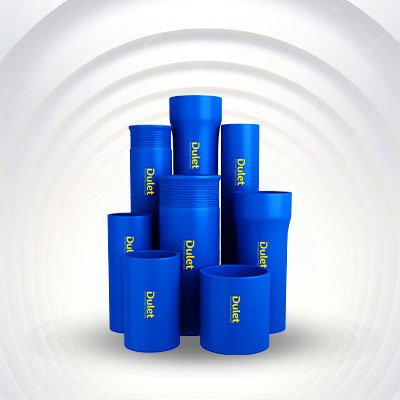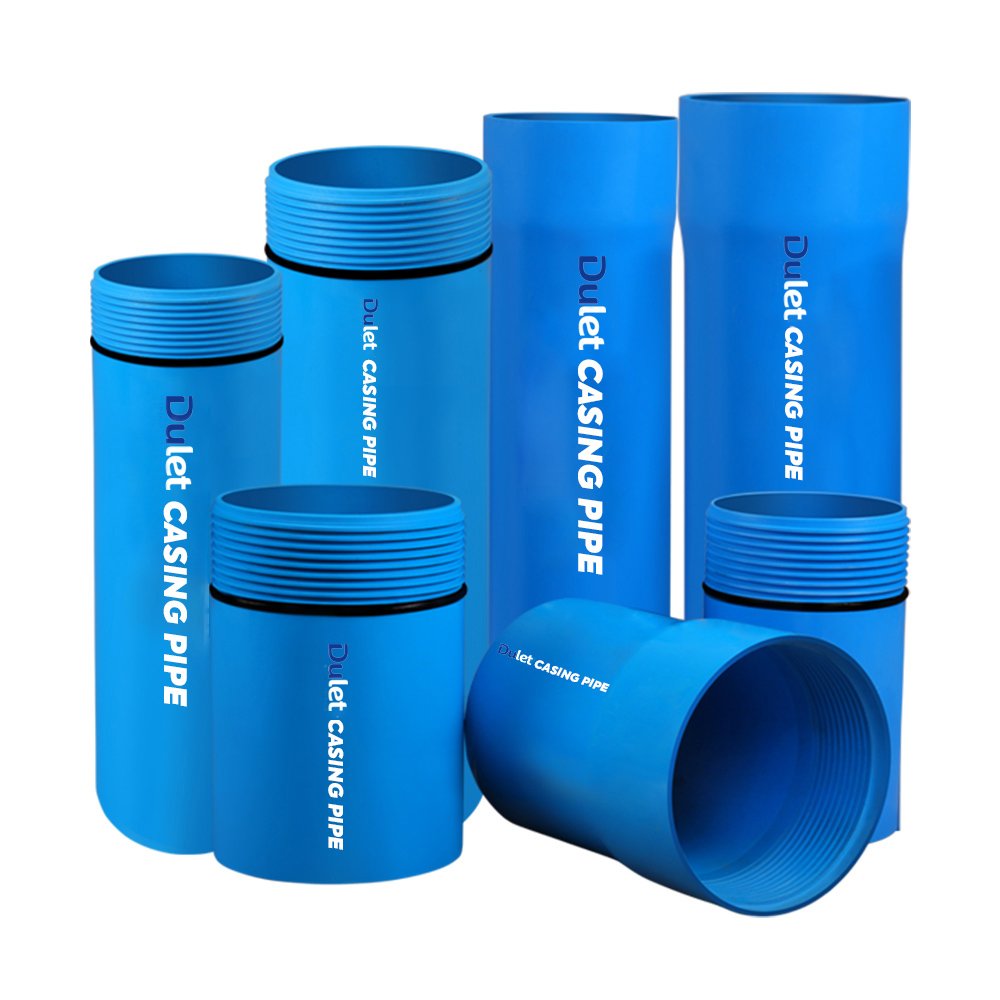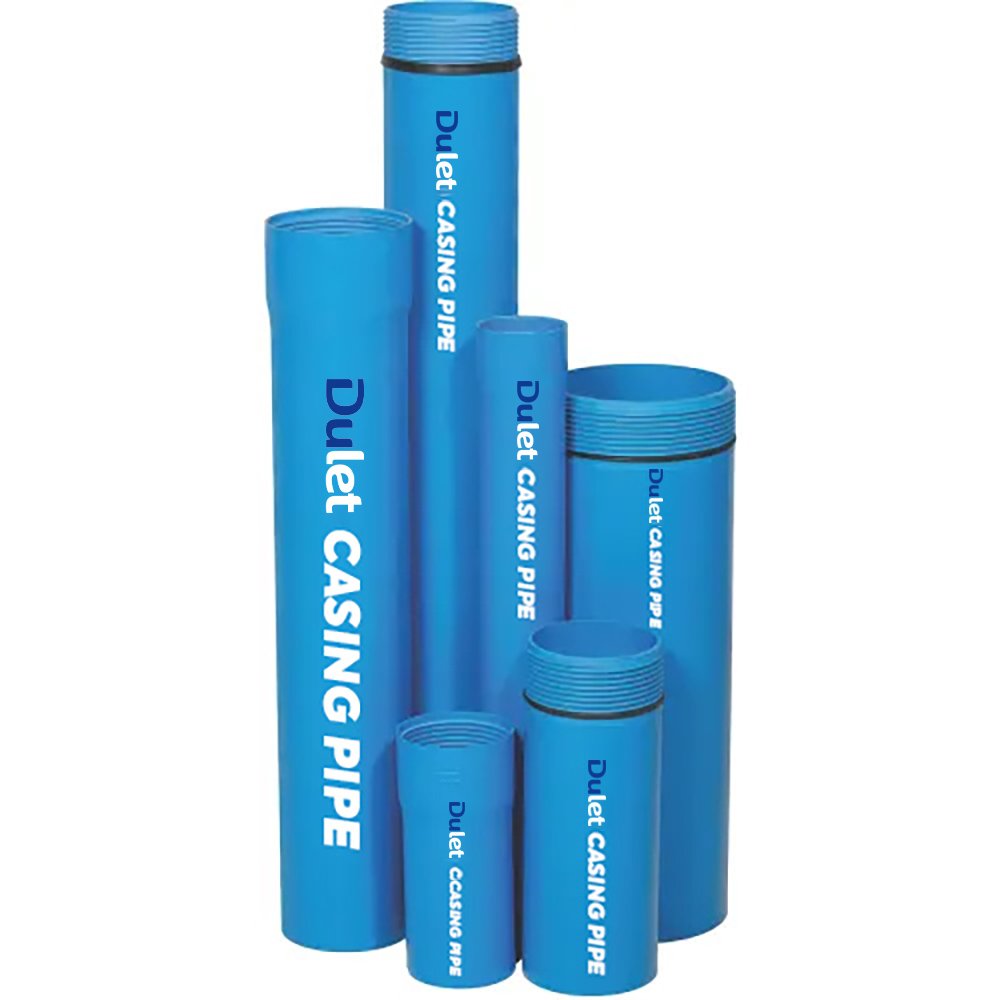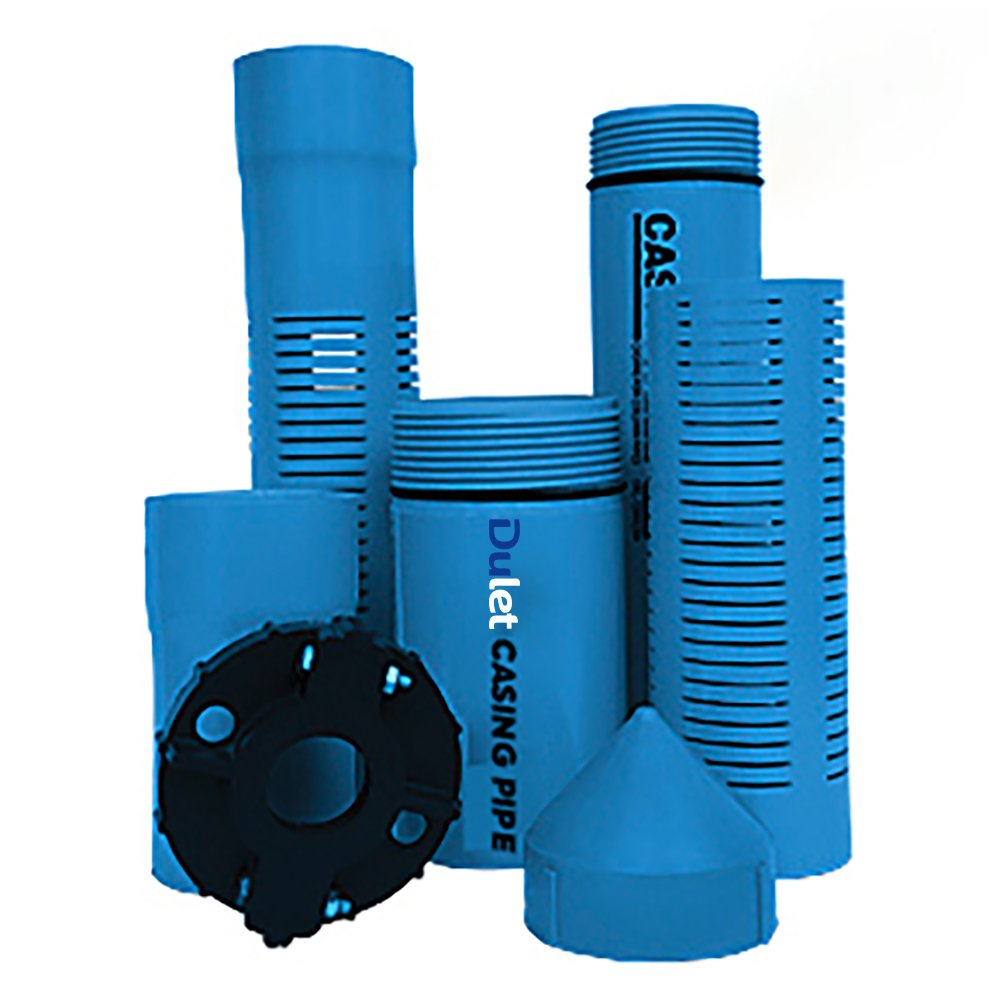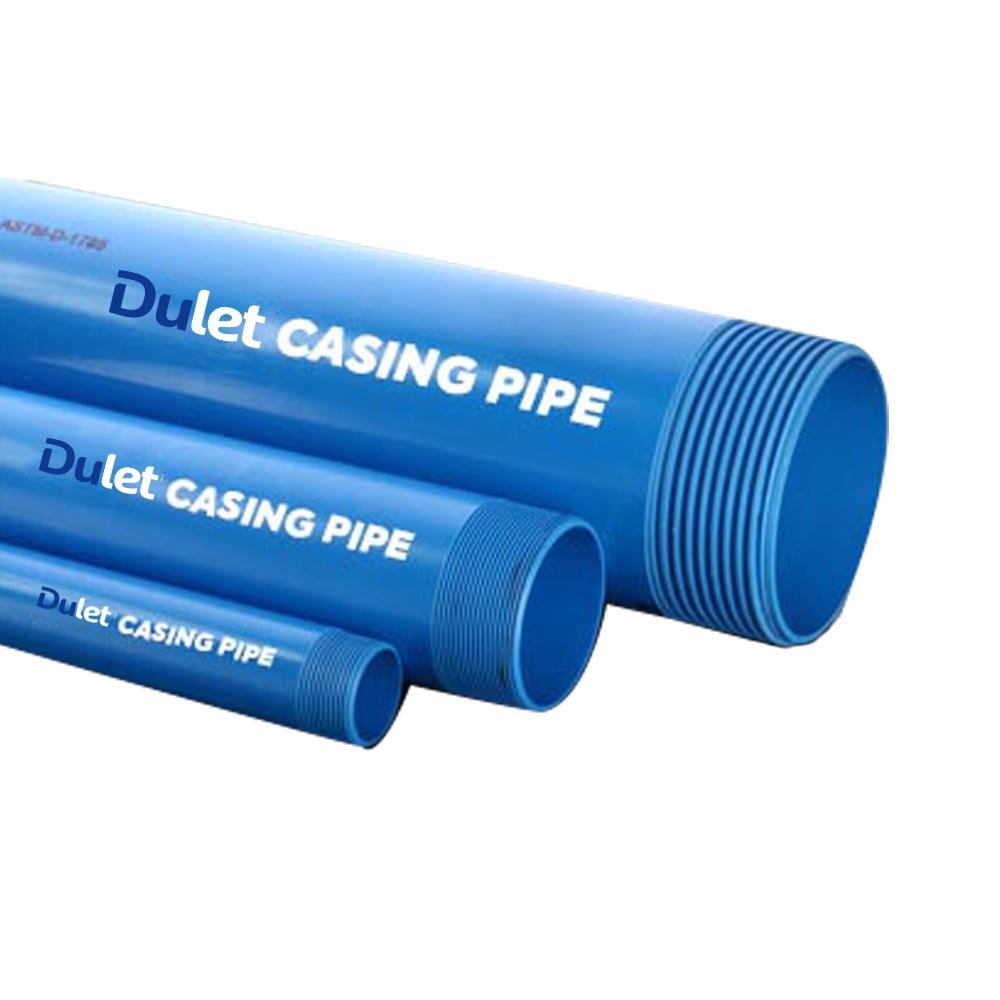Casing pipes usually consist of materials such as PVC, uPVC, and other plastics that are long-lasting, corrosion-resistant, light, and easy to install in deep or shallow borewells.
The most common ones are:
- Borewell casing pipe
- PVC casing pipe
- Borewell casing
- Filter pipe for borewell
Each one is chosen according to specific requirements—either borewell protection, strength, corrosion resistance, or ease of maintenance.
Let’s discuss in detail where and how dulet casing pipes are utilized and why they are an essential investment for long-term infrastructure security.
1. Gas Pipe Protection
One of the key uses of casing pipes is to safeguard underground gas pipes. As gas transmission is high-pressure and poses risks such as leaks or explosions, providing additional safety is extremely crucial.
- Casing pipes serve as a shield between the soil and the gas pipes.
- They shield against corrosion due to chemicals and moisture found underground.
- In case of soil shift or there are vibrations during construction, the casing pipe receives the shock, protecting the gas line from breaking.
- It also facilitates easy maintenance, inspection, or replacement of gas pipes without disrupting the surrounding environment.
Employing high-quality borewell casing pipe for such an undertaking gives the assurance of firm and durable protection.
2. Water Mains Protection
Water mains are big pipes supplying drinking water to towns and cities. Water main damage can result in severe service disruptions, contamination, and immense repair expenses.
- Casing pipes shield water mains from physical damage due to excavation, construction, or natural disasters.
- They bar the intrusion of contaminants and groundwater into the potable water supply.
- Casing systems also make repair and upgrading easy since they provide a secure path around the main line.
For optimal performance, it’s best to utilize long-lasting pvc casing pipe materials that provide strength as well as resistance to corrosion, particularly in fluctuating soil conditions.
3. Protection of Fiber Optic Cables
Fiber optics are fragile cables that facilitate high-speed internet, telecommunication, and sophisticated data services. Their fragility exposes them to even slight damage.
- Casing pipes shield fiber optic cables against mechanical pressures such as digging, traffic, and moving earth.
- They keep the cables safe against water, chemical corrosion, and physical pressure.
- Casing facilitates easier future maintenance or expansion without digging up roads or fields.
Selection of top-quality borewell pipes or suitable borewell casing systems is ensured so that crucial lines of communication remain without breaks.
4. Safety of Power Cables
Power cables are also one of the key infrastructure where casing pipes play a significant role. Power cables are laid underground for safety and beauty but can wear off with environmental influences.
- A quality casing insulates and protects cables from physical shocks, soil chemicals, and water ingress.
- It minimizes the occurrence of electrical faults, short circuits, or electrocution.
- It also simplifies power grid management in rural or urban development schemes.
High-grade filter pipe use in borewell varieties or sturdy PVC models guarantees secure and durable operation of power lines.
5. Borewell Casing Construction and Maintenance
Aside from safeguarding installed systems, casing pipes are highly crucial in borewell casing in water extraction activities.
- Borewell casing pipes stabilize the borehole by avoiding collapse during borewell drilling.
- Borewell casing pipes avoid the intrusion of soil, sand, and other contaminants within the water reservoir.
- Proper sizes of borewell casing pipes guarantee that the borewell reaches the appropriate depth and maintains high water yield without sacrificing strength.
There are various types of casing capping that can be used to seal the borewell from the top properly, safeguarding the water from contamination and debris. Proper capping also keeps animals or foreign particles from entering the borewell.
For anyone seeking the best pipe for boring, it is important to select pipes that are resistant to corrosion, pressure-resistant, and certified for potable water use.


